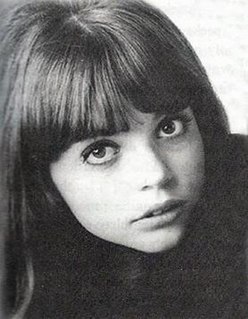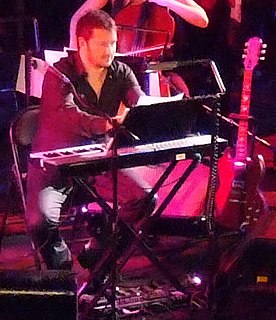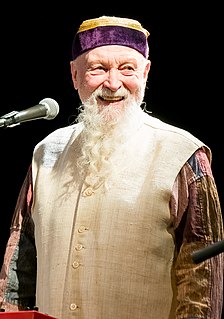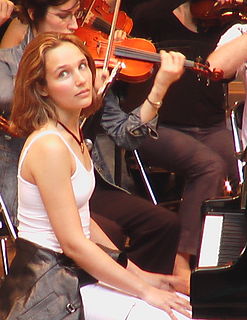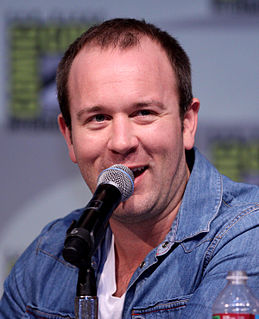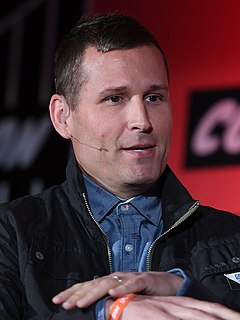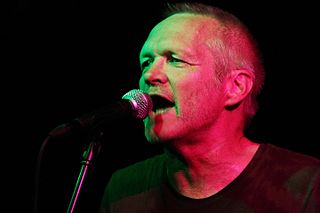A Quote by Gail Zappa
I think it's okay that there's digital music out there, because that does mean more people have access. I mean, you're a student, and you're studying music, and you want to find a CD of a whole work, but there's one piece that intrigues you. It's easy to get that piece for a dollar for the most part. And it's so easy for people to carry around music digitally.
Related Quotes
I feed on other people's creativity, photographers, artists of every kind. Sometimes a feeling that you get listening to a song can be so powerful. I've wanted to write whole scripts around what I felt just listening to a piece of music. I think music is important, and surrounding your visual field with stimulating things.
I really like to absorb the project and watch it and work on the music a lot and just get the feel for it until eventually a moment comes where I know I've got it. A lot of it is trial and error. Some days a piece of music doesn't work then other day another piece of music finally says something and works with the picture and suddenly casts a light on all the other stuff you've done - probably because my mind is getting to understand it and the piece is educating me. I always feel like the score is in there already somewhere and I just have to channel it and accent it.
I think Berklee College of Music had the highest dropout rate of any college - or pretend college - in the United States. Because I think most people think they're going to be in Green Day or whatever, and you actually have to learn about music you don't care for, too. I mean, I cared for a great deal of music; it's just that I didn't want to submerge myself into the well of fusion jazz.
I knew it straight away when Twitter first came around, and also Facebook, where it was so easy to post, that this was another way to speak directly with people listening to my music. If they found my music and they like it, most likely they want to hear more from me and hear what I'm about. I've put an enormous amount of time into that and it's played out well for me.
In the 1960s, people like Bob Dylan, his music and words were a threat to the society and mainstream of the time. It shook people alive, and directly and indirectly things changed. But, as I see it, the change is never through the music alone. It's also the circumstances around the music that will cause/create the effect. And sometimes it's just strictly accidental that a piece of music becomes a form of protest.
I'm kind of lucky in the fact that I can take something that's in my head and write it down, or I can listen to a piece of music that somebody else has written and try to tap into what the music's saying and just kind of follow that, you know. I mean, nine times out of 10, I'm just kind of following where the music takes me.
What intrigues me is that people kind of naturally want to label or pigeonhole the characters. They want to make it easy for themselves to go, "All right. There's the good guy, there's the bad guy, there's the girl. Okay, I get it now." But life isn't one-dimensional. The world isn't simply divided into good versus evil. I think we're all capable of both. So any time the hero does something I'm not crazy about, or the bad guy does something I can relate to, I'll find it more interesting.
